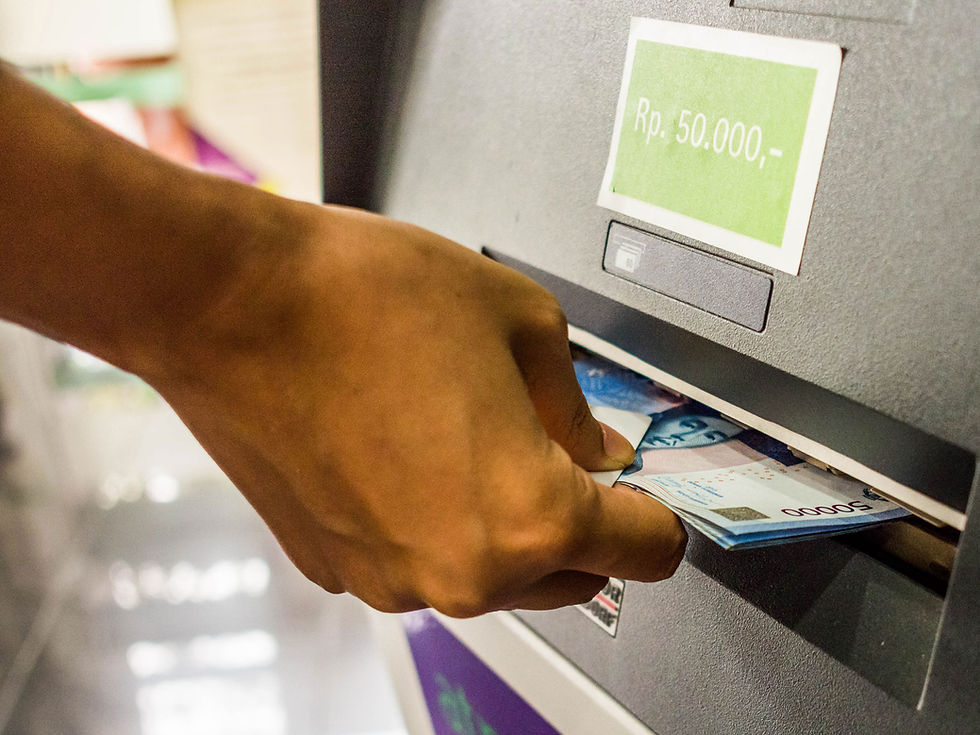What is a Revocable Living Trust?
- Anthony A. Saccaro

- Mar 4, 2022
- 3 min read
In California a will may not be the best way to pass on your estate because you don’t avoid probate, which can be very expensive. A will becomes public information upon your passing which means that anyone who wants to know the value of your estate will have access to that information. Additionally, a will may be easily contested. So, what is the best way? The answer is through use of a living trust. A trust is a contract between you and the beneficiaries, but you are in full control, meaning you can change it any time you want.
There are two phases of creating a trust.
Phase One:
Create the Trust.
Similar to a corporation, a trust is a legal entity that you must create. When you create it, you will mandate items like who will manage the trust while you are alive or when you

become incapacitated or are deceased. You will also dictate who the beneficiaries will be along with how they are to receive their inheritance. This can even include charities.
If you have a special needs beneficiary, you may not want to give them their inheritance all at once since it may affect their eligibility for their disability. Additionally, if you have a beneficiary who you believe may frivolously spend all of the assets you’re leaving them, you may want to mandate that they receive their inheritance over time as opposed to all at once. A properly drafted trust will allow you to accomplish these goals.
Additionally, setting up a trust will allow you to keep your affairs private since there may not be any court involvement. This is not possible with a will.
Setting up a Trust will allow you to establish, who gets what and when.
To get started with managing your family’s financial future,
Phase Two:
Fund the Trust.
This means you must transfer everything you own (that could go into probate) into the trust. Legally, you own the trust but the trust owns your stuff. You technically no longer
own your stuff. I’m sure you’re thinking “Well, why would I do that?” Establishing a trust is the same thing as you owning your stuff. You don’t own anything but you manage and control everything. When you died, because you didn’t own anything, there is not probate. Only you as creator of the trust died, the trust itself didn’t die. That’s why they call it Living Trust. Because the trust survives you.

There are no consequences to funding a trust and it doesn’t affect your taxes. It’s also important to note that it doesn’t protect your assets from liability. There is virtually no measurable change in access or management of your assets.
What’s great is that your trust is revocable so long as you are alive and competent. You can revoke or make any number of changes that are needed. As soon as you pass, it becomes irrevocable, and set in stone. The successor trustee makes sure what’s written in the trust, gets carried out. This also allows you to make sure your assets go where you want them to go once you pass away.
In addition to the trust, you will also need a pour-over will. This will is specifically drafted to work with your trust. When a person passes, there may be some assets that were not included in the trust although they should have been. As long as the cumulative value of these assets is less than $166,250 (2022), the pour-over will allows these assets to “pour over” into the trust without going through probate. This is a nice safety net to have in case assets are inadvertently left out of the trust.
Anytime you get a new bank account or purchase a property, you must put it into the trust. You will want the account to be titled in the name of the trust and to own the property. If you create a trust but fail to fund it, it’s just like you never set up the trust in the first place so funding it is a critical step to properly establishing a living trust.

Common Questions and Answers:
1. If I move, are trusts valid in other states?
Yes they are, and even some other countries, but I do recommend you have your documents looked at by a local attorney. There may be some state specific things you need done.
2. What if you’d like to make changes to the trust, would you have to re-register all your assets?
No, you will not have to re-register every asset.
3. What if I lose my trust, it gets destroyed, or stolen?
Here at Anthony Saccaro Law, a Professional Legal Corporation, we always keep a copy of your trust as a backup. You also should keep an electronic copy as well. However, if you lose your trust or it is stolen (i.e. by a beneficiary whom you have disinherited), you will have to redraft the trust, and void the old trust. Keeping a second copy will eliminate this possibility.




Comments